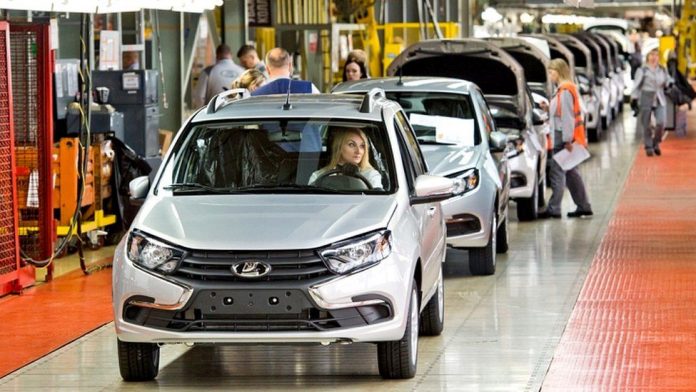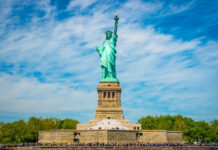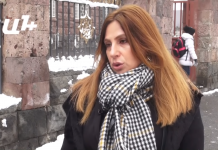“It’s the most affordable new vehicle in Russia. They’re calling it… the anti-sanctions car!”
That was Russian state TV putting a positive spin on the new, not-so-improved, Lada rolling off the production line in the city of Togliatti.
“Most affordable” is perhaps its only selling point. Due to Western sanctions, the Russian carmaker cannot import all the components it used to. So the “anti-sanctions” Lada Granta has no airbag, no anti-lock braking system, no Electronic Stability Control and no seat-belt pretensioners.
Nearly four months after the invasion of Ukraine, the new Lada sort of sums up the Russian economy: it’s still functioning, despite lacking some of the parts.
“Still functioning” is an achievement. Russia is now the most sanctioned country in the world. According to data service Statista, more than 10,500 restrictions have been imposed on Russian individuals and companies. More than 7,500 of those were implemented in the last four months.
No wonder some experts had been predicting that, by now, the wheels would have come off the Russian economy completely.
“The scale of international sanctions would have caused economic collapse if they’d come out of nowhere,” says Chris Weafer of Macro Advisory in Moscow.
“But Russia’s been experiencing sanctions on an incremental basis since 2014. There’s been an enormous ratcheting up, but there’s also an element of this being something they’ve already been dealing with.
“What’s more, the fear of supply disruption means that Russia’s been earning even more money from exporting energy and raw materials. In the first five months of the year, its current account surplus was a record $110bn (£94bn). It can use that money to fund not only the military, but also subsidise state industries to make sure unemployment doesn’t spike or incomes don’t fall too much.”
Capital controls have helped the rouble to strengthen and inflation has begun to ease. But a deep recession lies ahead. In 2022 the Russian economy is expected to shrink by up to 10%.
Russian consumers are yet to feel the full effects. Supermarket shelves in Moscow are still pretty full, though some imported items are no longer available.
But it’s in Moscow’s malls where the change is most obvious. Once bustling shopping centres are much quieter now: fewer customers, less choice. In protest at the invasion of Ukraine, many foreign brands have suspended operations in Russia or pulled out completely. Lots of shops are shuttered.
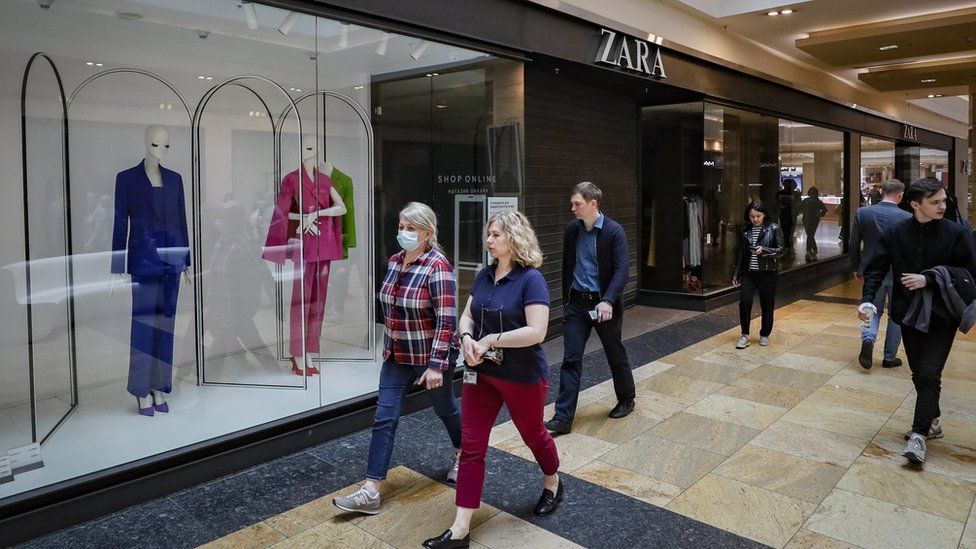 IMAGE SOURCE,EPA
IMAGE SOURCE,EPAOut on the street I meet a taxi driver called Nikita. He predicts a rough road ahead for the minicab company he works for.
“Taxis get old very fast, so a taxi company needs to change them very often,” Nikita explains. “But after the war started, car prices in roubles became ridiculously high. So our taxi company won’t be seeing any new cars in the near future. We’ll have to use old ones.”
Might the “anti-sanctions car” be a solution? Well, Nikita’s not rushing to buy one.
“Even with an airbag, the Lada Granta is very small and uncomfortable,” he explains.
Could economic difficulties at home make the Kremlin pause for thought? Might they hasten an end to Russia’s offensive in Ukraine? Are sanctions working?
“If the objective is to force behavioural change by creating an economic and financial crisis, then the answer is no,” believes Chris Weafer.
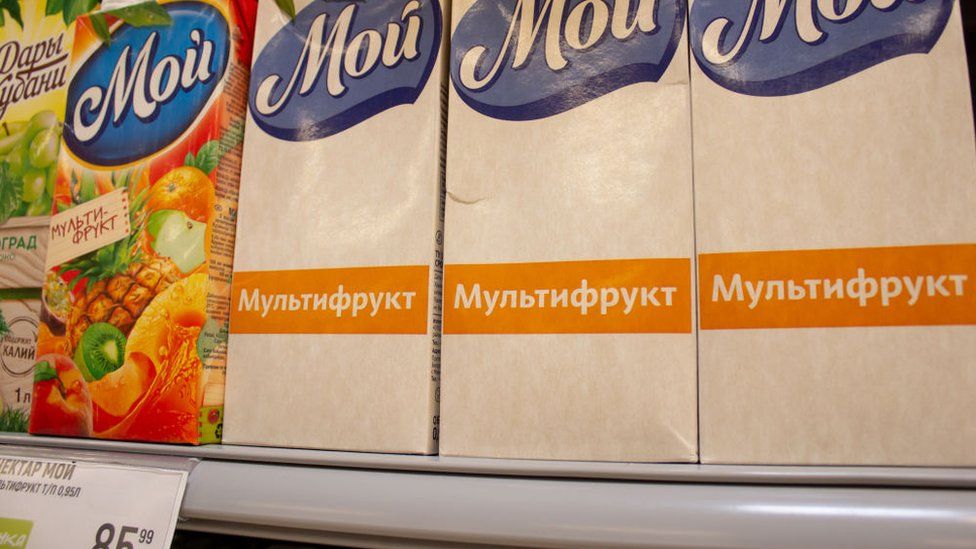 IMAGE SOURCE,GETTY IMAGES
IMAGE SOURCE,GETTY IMAGES“Russia hasn’t experienced a crisis. But it is moving into a period of economic attrition. By autumn and winter, you’re facing a starker reality. Particularly once Europe’s ban on importing Russian oil and oil products kicks in and the government has to scale back spending. Russia will inevitably have two to three years of a stagnant economy. The question is whether that will last 10 years.
“Russia is cut off from a lot of Western technology imports, which it simply won’t be able to replace. China has made it clear that it’s not going to supply Russia with sanctioned technology, because it may face secondary sanctions itself.
“There is no reason to assume that Russia’s economy won’t be able to function. But it will do so at a much lower level of technology and efficiency. The gap with the rest of the world will grow bigger. Russia’s economy will be left behind.”

